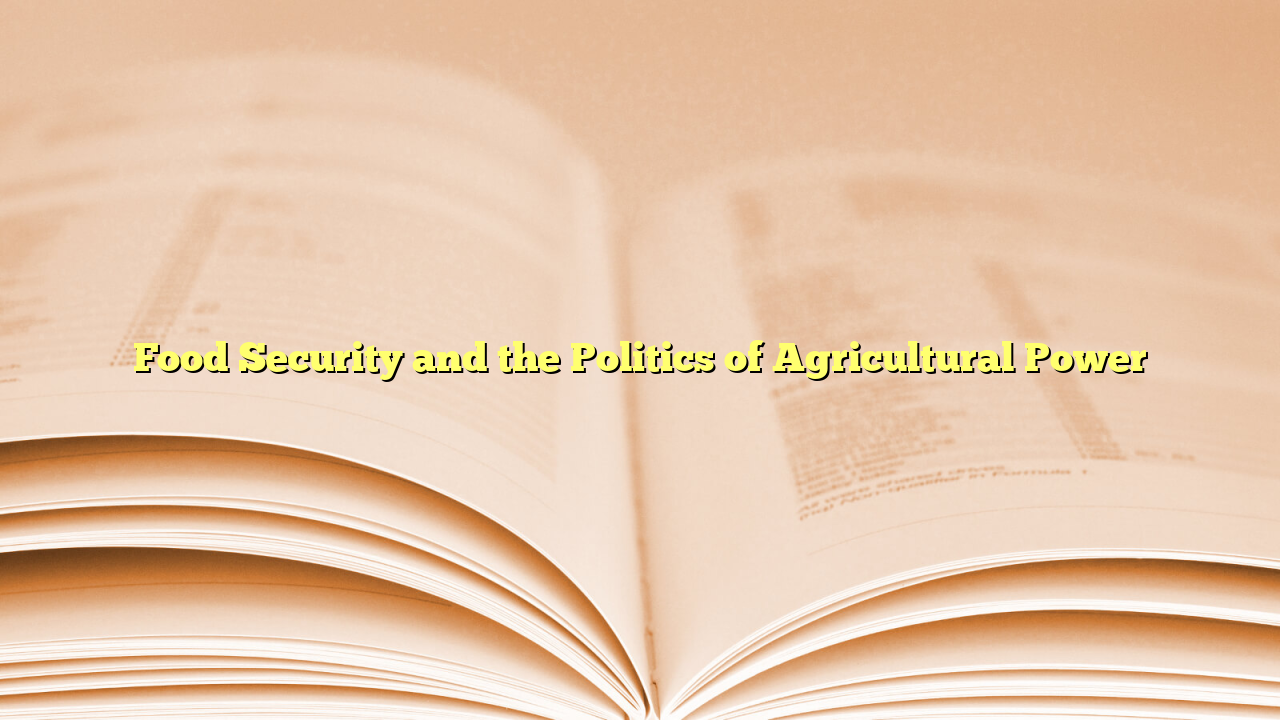The global food system is under strain. Conflicts, climate shocks, and trade disruptions have exposed how fragile the world’s agricultural supply chains truly are — and how food has become a tool of slot777 vs naga169 political influence.
Russia’s war in Ukraine, a major grain exporter, triggered price spikes that hit developing countries hardest. The United Nations estimates over 780 million people now face chronic hunger, with Africa and South Asia most affected. In response, nations are scrambling to secure food independence and diversify imports.
China is buying farmland abroad, from Latin America to Eastern Europe, to feed its population. The Gulf states are investing in African agriculture, while Western countries push for “climate-smart” farming through green subsidies and technology. Yet critics argue these moves deepen inequality, as powerful nations acquire fertile land in poorer regions.
At the same time, agricultural protectionism is rising. India’s temporary rice export ban in 2023 and Europe’s fertilizer disputes show how domestic politics shape global hunger. The WTO’s efforts to ensure fair trade in food commodities have stalled amid nationalist pressures.
Experts warn that food insecurity risks becoming a catalyst for instability, triggering migration and unrest. “The next major political crisis may not start over oil or technology, but over bread,” says analyst Maria Santos.
The future of global agriculture will depend on whether countries can balance self-interest with collective responsibility — feeding both their people and a hungry planet.
